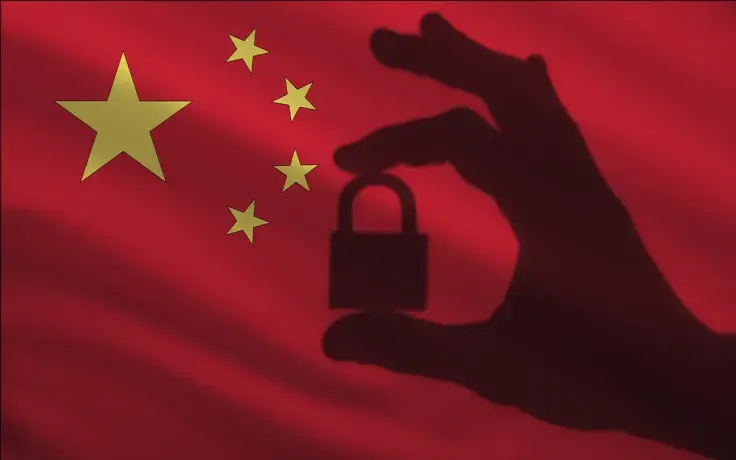
Chinese messenger app WeChat, which belongs to the Tencent behemoth and boasts 1.2 billion active users, has massively banned accounts that promote non-fungible tokens (NFTs) and conduct secondary transactions with them.
The link to the Chinese source of this announcement was shared by Colin Wu—a China-based crypto journalist and blogger.
WeChat, which has 1.2 billion users, said it had banned NFT accounts in large numbers, required them to have a blockchain company filing provided by the Chinese government, and disallowed secondary transactions. https://t.co/sr828ipZaV?from=article-links
— Wu Blockchain (@WuBlockchain) March 30, 2022Strategy's Saylor Hints at Fresh Bitcoin Buy Amid Investor Ridicule Shiba Inu Buyers Step In, Peter Brandt Reveals Bitcoin Price Rebound Target, Ripple Exec Confirms XRP as Priority — Top Weekly Crypto News Morning Crypto Report: XRP in -77% Breakdown Danger, Massive 100,000 ETH Binance Dump by Satoshi-Era Bitcoin Whale, Cardano's Forgotten +25% February Wins Leaked Email to Epstein Framed XRP Supporters as Enemy, Ex-Ripple CTO Says
Tencent's ban targets NFT speculation
Chinese news outlet Sina has spread the word about the current policy adopted by Tencent regarding accounts that hype on various digital assets and sell collections of tokens on WeChat. Besides, WeChat has forbidden secondary transactions of non-fungible tokens.
The article says that the Chinese conglomerate Tencent intends to standardize and rectify these accounts. Previously, Tencent set up its own NFT platform, along with the Alibaba giant, even though the Chinese government had banned NFTs, while allowing "digital collectibles."
This move yb Tencent on WeChat has been caused by national regulations so as to avoid the spread of speculation with NFT and crypto transactions underlying it.
Official accounts with primary transactions
However, official NFT accounts, which display collections of NFTs and provide primary transactions, can avoid getting banned. To do that, they need to provide a document confirming their cooperation with a blockchain company, which is registered and approved by the Cyberspace Administration of China.
In the future, Tencent intends to watch the new trends in the NFT space, along with relevant requirements from local regulators. Tencent plans to improve and adjust its rules accordingly.
Back in 2019, WeChat imposed a ban on accounts that conducted crypto payments or promoted ICOs.

 Alex Dovbnya
Alex Dovbnya Denys Serhiichuk
Denys Serhiichuk Tomiwabold Olajide
Tomiwabold Olajide